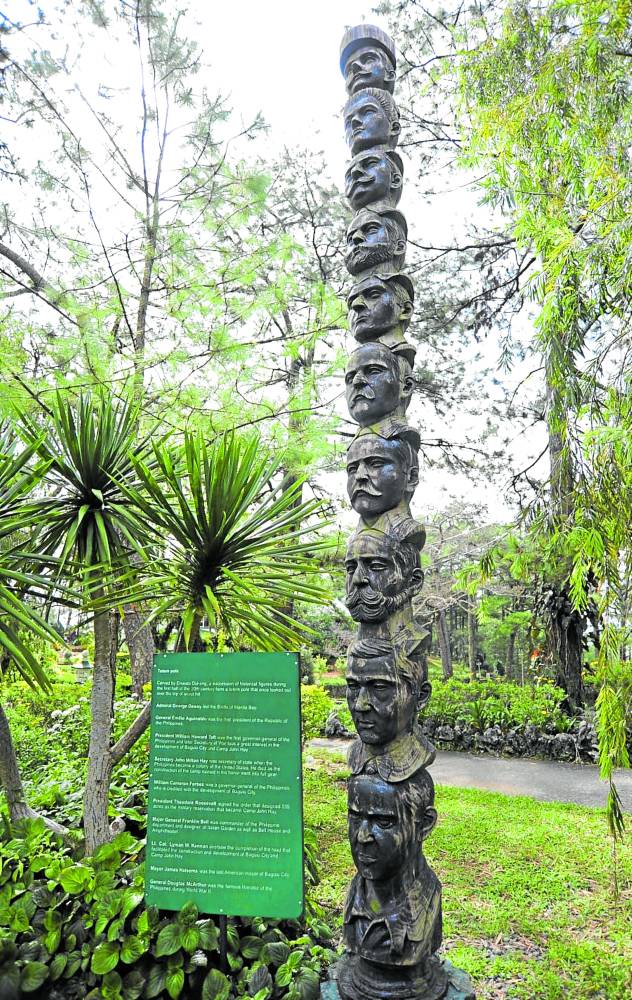BAGUIO CITY, Benguet, Philippines — A dialogue between the city government and the custodian of Camp John Hay is expected to resolve their dispute over taxation, social justice concerns, and the territorial jurisdiction of the former American rest and recreation center, according to members of the city council.
Tentatively scheduled for Jan. 16, the dialogue will be arranged by Mayor Benjamin Magalong with the Bases Conversion and Development Authority (BCDA), the Department of Environment and Natural Resources and other agencies to determine their common positions on the 19 conditions that have defined Baguio’s interests in Camp John Hay for the past 29 years, Councilor Jose Molintas told the Inquirer on Wednesday.
The proposed dialogue arose because of a House bill that would exclude 13 barangays inside Camp John Hay, keeping intact their roads, open spaces, and public structures like schools and churches.
Ancestral lands
Filed in October by Baguio Rep. Marquez Go, House Bill (HB) No. 9428 will convert occupied Camp John Hay lands into alienable and disposable properties that BCDA would sell to its inhabitants.
Section 5 of HB 9428 stipulates that “existing roads, alleyways, pathways, creeks or waterways, community facilities including barangay halls, parks, playgrounds, multipurpose areas such as marketplaces shall be transferred to the city government of Baguio.”
But any segregation process should recognize the government-issued ancestral land titles which were given to Camp John Hay’s Ibaloy residents, said Joselito Shontogan, the indigenous peoples mandatory representative of Barangay Loakan-Liwanag.
“The ancestral land titles are valid state documents which already recognize Baguio lands inhabited by Ibaloys as private properties, and were therefore separate from the John Hay territory from the beginning,” said Molintas, an Ibaloy lawyer.
In his Nov. 28 letter to Magalong, Councilor Peter Fianza, also an Ibaloy lawyer and chair of the committee on laws, warned that HB 9428 could be “contentious as it appears to allow BCDA to enrich itself from properties to which it may not rightfully be entitled.”
